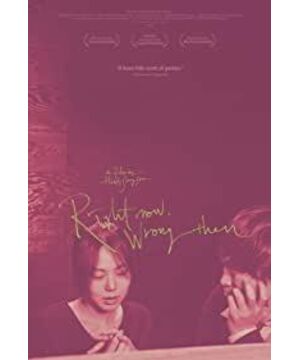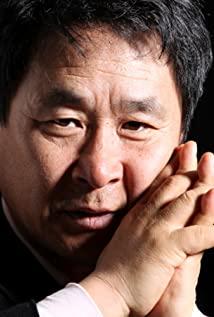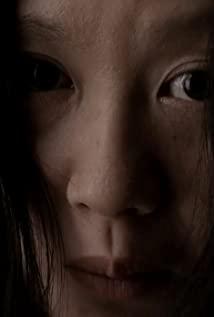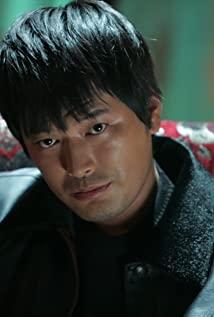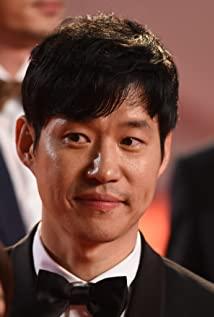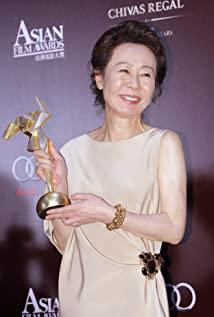What is commendable is that the film is not a simple narration, but divides the whole film into two parts, which are divided into two processes and endings on the surface.
A middle-aged director, a former model who turned to painting, and two lonely strangers meet in a boring sightseeing spot. That faint embarrassment became the laughing point of the film, these embarrassing scenes are too familiar. Even the embarrassment one after the other couldn't separate the two strangers, as if there was a glue in the air, a little attraction between them. Is it love? Shouldn't love be an encounter of lightning? Shouldn't it be a mutual understanding?
In the first section of the film, the male and female protagonists go from strangers to acquaintances, to faint attachments, to leaving without saying goodbye. From screen to screen, there are always some jumps, some abrupt. After a long interlude of music, the picture stopped after the title, and the second section of the film began. It is still the main story of the first episode, still the same, but with a touch of embarrassment and a touch of reluctance, but the details of the scene are slightly different, and the content of the conversation between the protagonists is also different. With the delay of the second section and the accumulation of foreshadowing, the difference from the first section becomes more and more obvious; what remains unchanged is the ending, which is still the separation of the hero and heroine; what has changed is the mentality of the hero and heroine when they parted.
The genius of director Hong Sang-soo is that even though it is almost the same process, it allows the audience to see the two stories, feel the difference between the two processes, and feel the cumulative effect of this difference; finally, when everything is over, it is obvious There are two endings, but let the audience deeply experience that this is clearly to decompose one process into two processes, thus completing the complete process of two strangers encountering each other.
What is commendable, in addition to the director Gao Ming's storytelling and expression, as well as the performances of the male and female lead actors. The director of the film, Zheng Zaiyong, won the Golden Leopard Award for Best Actor at the 68th Locarno International Film Festival for this film. In this film with few words, a lot of embarrassment, repeated twice, and 100 minutes of interpretation of two feelings but one story, Zheng Zaiyong accurately interprets the loneliness of this unsatisfactory middle-aged director. In the film, the male protagonist explained the reason for the early marriage after drinking, because he was very depressed at that time and wanted to grab a straw. And isn't this also the reason why the director of a literary and artistic film, who is a little downcast and has few audiences, met the heroine?
Two strangers, two lonely souls, like hedgehogs in winter, warmed up together in less than 24 hours without stabbing each other, and then each embarked on their next life journey. This little intersection of life, that little temperature, does it make the audience warmer or make the audience colder? The answer will not be the same for everyone, at every stage of life. The world is so big and the soul is so lonely.
At the end of the film, the snow is flying, covering up all footprints, covering up all stories, and the white land is really clean.
View more about Right Now, Wrong Then reviews


